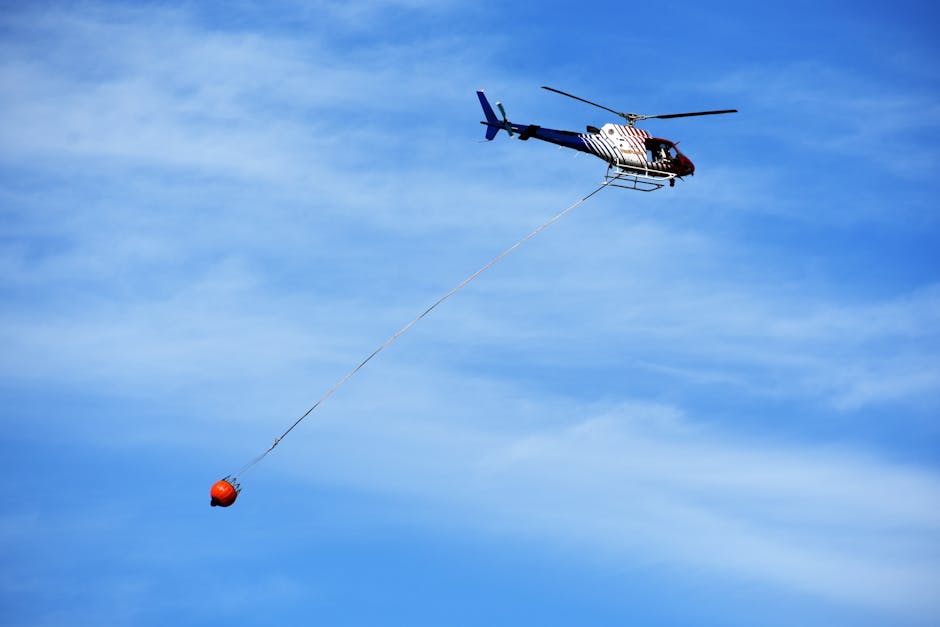Understanding Jacksonville Fire Rescue Department’s Role at the Airport
Jacksonville International Airport (JAX) is a bustling hub of activity, handling thousands of passengers and countless flights daily. Ensuring the safety and security of this critical infrastructure is paramount, and a significant part of that responsibility falls on the Jacksonville Fire Rescue Department (JFRD). Their airport operations are far more extensive than simply responding to aircraft fires; they encompass a wide range of preventative measures, emergency response protocols, and specialized training to maintain the highest safety standards.
JFRD’s Specialized Airport Rescue and Fire Fighting (ARFF) Units
The JFRD operates highly specialized ARFF units specifically equipped and trained to handle the unique challenges posed by airport emergencies. These units are strategically positioned around JAX to ensure rapid response times. These aren’t your typical fire trucks; they are customized vehicles equipped with state-of-the-art firefighting technology designed for swift and effective suppression of aircraft fires, involving highly flammable aviation fuels.
Specialized Equipment and Training
The ARFF units are equipped with high-capacity water tanks, specialized foam agents designed to extinguish jet fuel fires quickly and effectively, and advanced rescue equipment for extricating passengers and crew from damaged aircraft. The firefighters undergo rigorous and extensive training, including simulations of various emergency scenarios, to ensure they are prepared for any eventuality. This training goes beyond the standard firefighting curriculum, encompassing specialized knowledge of aircraft mechanics, aviation fuels, and passenger rescue techniques in challenging environments.
Beyond Fire Suppression: The JFRD’s Comprehensive Approach
The JFRD’s role extends far beyond simply reacting to emergencies. They are actively involved in preventative measures, working closely with airport management and other stakeholders to mitigate risks and ensure a safe environment. This proactive approach includes regular inspections of aircraft rescue and fire fighting systems, conducting training exercises, and participating in airport safety planning.
Preventative Measures and Inspections
Regular inspections of the airport’s infrastructure, including fire suppression systems, hydrants, and emergency access routes, are conducted to identify and rectify potential hazards. This proactive approach helps prevent incidents from occurring in the first place. These inspections are meticulously documented and followed up with corrective action plans to address any identified shortcomings.
Emergency Response Planning and Training
The JFRD works collaboratively with airport authorities, airlines, and other emergency services to develop and regularly update comprehensive emergency response plans. These plans detail procedures for handling various types of emergencies, including aircraft accidents, hazardous material spills, and medical emergencies. Regular training exercises are conducted to refine these plans and ensure all personnel are well-versed in their roles and responsibilities.
JFRD’s Collaboration with Other Airport Stakeholders
Effective airport safety relies on seamless collaboration between multiple entities. The JFRD works in close coordination with the Jacksonville Aviation Authority, airlines, the Federal Aviation Administration (FAA), and other emergency services to ensure a unified and effective response to any incident. This collaboration is crucial in maintaining the highest levels of safety and security at JAX.
Coordination with Airlines and Airport Management
Regular communication and joint training exercises with airlines ensure a consistent approach to emergency procedures. This includes coordinated response protocols during aircraft emergencies, involving rapid evacuation procedures, passenger handling, and effective communication channels between the JFRD, airline personnel, and airport management.
Compliance with FAA Regulations
The JFRD’s operations are subject to strict regulations set by the FAA. They must maintain high standards in training, equipment, and operational procedures to meet these requirements. Regular audits and inspections ensure compliance, upholding the safety standards essential for maintaining the smooth and secure operations of JAX.
The Role of Technology in JFRD Airport Operations
Technological advancements are continuously improving airport safety and emergency response capabilities. The JFRD integrates cutting-edge technologies into its operations to enhance efficiency and effectiveness. This includes advanced communication systems, real-time tracking of emergency vehicles, and sophisticated data analysis tools for improving response times and overall effectiveness.
Advanced Communication Systems
The JFRD utilizes sophisticated communication systems that ensure seamless communication between the control tower, emergency responders, and other stakeholders during emergencies. This ensures efficient coordination and rapid deployment of resources.
Real-time Tracking and Data Analysis
Real-time GPS tracking of emergency vehicles allows for optimized deployment and efficient resource allocation during emergencies. Sophisticated data analysis tools are used to analyze past incidents, identify trends, and improve response strategies. This data-driven approach contributes to continuous improvement in emergency preparedness and response.
Career Opportunities with JFRD Airport Operations
For individuals interested in a challenging and rewarding career dedicated to public safety, the JFRD offers exciting opportunities within its airport operations division. This involves rigorous training, demanding physical fitness, and the commitment to maintain the highest standards of professionalism. Career paths include becoming an ARFF firefighter, emergency medical technician (EMT), or specialized personnel in supporting roles.
Qualifications and Training
Becoming an ARFF firefighter demands a high level of physical fitness, exceptional teamwork skills, and the ability to function under immense pressure. Rigorous training is essential, including extensive coursework in firefighting techniques, emergency medical services, and aircraft rescue procedures.
Benefits and Career Progression
The JFRD offers competitive salaries and benefits packages to its employees. Career progression is possible within the department, with opportunities for advancement to supervisory roles and specialized positions based on performance and experience.
Conclusion: Ensuring Safety at Jacksonville International Airport
The Jacksonville Fire Rescue Department plays a vital role in ensuring the safety and security of Jacksonville International Airport. Their commitment to preventative measures, specialized training, and seamless collaboration with other stakeholders underscores their dedication to maintaining the highest safety standards. The JFRD’s continuous adaptation to technological advancements and unwavering commitment to excellence contribute to the smooth and secure operations of JAX, guaranteeing the safety of passengers, crew, and airport personnel.

